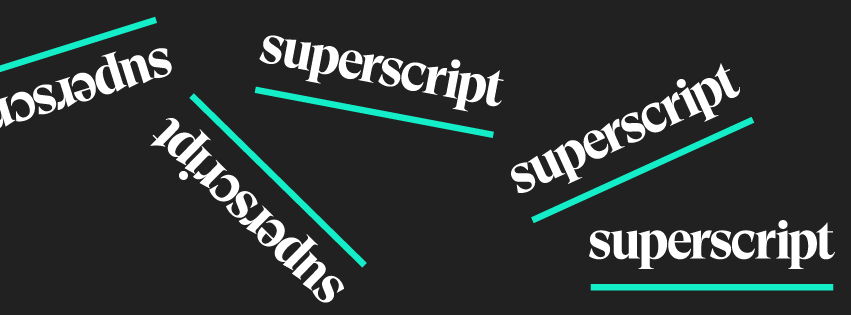

Superscript

City of London, United Kingdom
April 2024
Other insurance services
Service with Minor Environmental Footprint
Netherlands The,
United Kingdom
Superscript is a digital insurance provider for small and medium-sized businesses at any stage of growth; from micro to multi-national. As the first insurtech to become a Lloyd’s of London broker, Superscript operates across Europe with a growing global footprint. Customers can purchase and manage insurance via its online platform in a matter of minutes, or through expert brokers as part of its advisory service. Superscript has developed machine-learning technology and a unique multi-carrier model to streamline service and delivery; regardless of risk complexity, geography or industry. It has raised £65m to date, completing its Series A funding round in 2020 and Series B 2022. Investors include BHL UK, The Hartford, Seedcamp and Concentric. We believe bold risks make better business. That’s why we’ve built insurance that embraces those that make it happen, clearing the way for people to go all in. We believe in better ideas, whether for our customers, the local community, our employees, our partners or the planet. We support world moving, ambitious and compelling businesses by ensuring they can make an impact. We do this by providing a data driven, intuitive and personalised insurance experience because, unlike our predecessors, we think differently.
Overall B Impact Score
Governance 20.3
Governance evaluates a company's overall mission, engagement around its social/environmental impact, ethics, and transparency. This section also evaluates the ability of a company to protect their mission and formally consider stakeholders in decision making through their corporate structure (e.g. benefit corporation) or corporate governing documents.
What is this? A company with an Impact Business Model is intentionally designed to create a specific positive outcome for one of its stakeholders - such as workers, community, environment, or customers.
Workers 38.2
Workers evaluates a company’s contributions to its employees’ financial security, health & safety, wellness, career development, and engagement & satisfaction. In addition, this section recognizes business models designed to benefit workers, such as companies that are at least 40% owned by non-executive employees and those that have workforce development programs to support individuals with barriers to employment.
Community 16.9
Community evaluates a company’s engagement with and impact on the communities in which it operates, hires from, and sources from. Topics include diversity, equity & inclusion, economic impact, civic engagement, charitable giving, and supply chain management. In addition, this section recognizes business models that are designed to address specific community-oriented problems, such as poverty alleviation through fair trade sourcing or distribution via microenterprises, producer cooperative models, locally focused economic development, and formal charitable giving commitments.
Environment 8.7
Environment evaluates a company’s overall environmental management practices as well as its impact on the air, climate, water, land, and biodiversity. This includes the direct impact of a company’s operations and, when applicable its supply chain and distribution channels. This section also recognizes companies with environmentally innovative production processes and those that sell products or services that have a positive environmental impact. Some examples might include products and services that create renewable energy, reduce consumption or waste, conserve land or wildlife, provide less toxic alternatives to the market, or educate people about environmental problems.
Customers 3.8
Customers evaluates a company’s stewardship of its customers through the quality of its products and services, ethical marketing, data privacy and security, and feedback channels. In addition, this section recognizes products or services that are designed to address a particular social problem for or through its customers, such as health or educational products, arts & media products, serving underserved customers/clients, and services that improve the social impact of other businesses or organizations.
What is this? A company with an Impact Business Model is intentionally designed to create a specific positive outcome for one of its stakeholders - such as workers, community, environment, or customers.